- September 10, 2019
- Posted by: Ishaq Ali
- Category: Top Picks by iXie
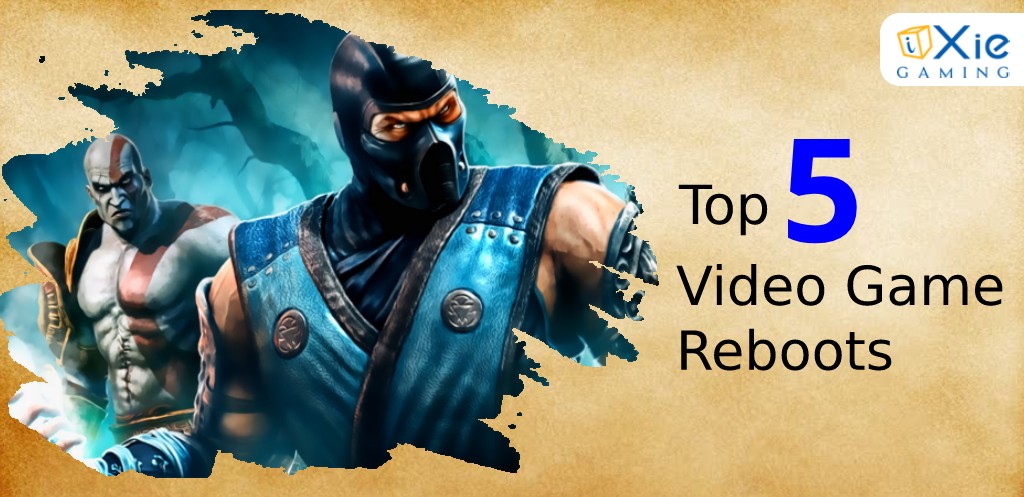
Videogames have now become the most money-making entertainment product besting music, movies and sports. And helping the industry get there are some big-name franchises that churn out a sequel every year or two. However, as with any entertainment medium, a franchise can only hold on for so long before it gets stale. Enter the idea of reboots. The reboot gimmick is a tough proposition and has been utilized to varying degrees of success in movies. And it becomes even tougher with a videogame as the developer needs to figure out what needs to be kept and what removed, or if the franchise needs to shift genres altogether. Some franchises have executed this better than the others, and we are here to look at five such franchises. These franchises have executed the reboot perfectly, giving them legs for a few more years and sequels. They are ranked not based on how financially successful they were, but on how well the reboot has served their franchises. Disclosure though – this is an opinion piece based on my experience of playing these games and some franchises that one might feel worthy on the list may not appear or get ranked higher or lower. So, without further ado, let’s get on with the list.
Contents
No. 5 – Mortal Kombat (2011)
Mortal Kombat is a name that is synonymous with anyone who is into gaming. If one hasn’t played it, he is at least aware of what the game is about. There was a time when Mortal Kombat was the King of 2D fighting games standing shoulder to shoulder with the likes of Street Fighter. However, it’s the transition to 3D in the late 90s and early 2000s proved to be troublesome. With the exception of MK4, pretty much every iteration proved to be less than stellar. A couple of beat-em-up spinoffs, few titles with deep but flawed weapon systems and a horrendous DC crossover cross-over later, MK seemed to have lost its sheen.
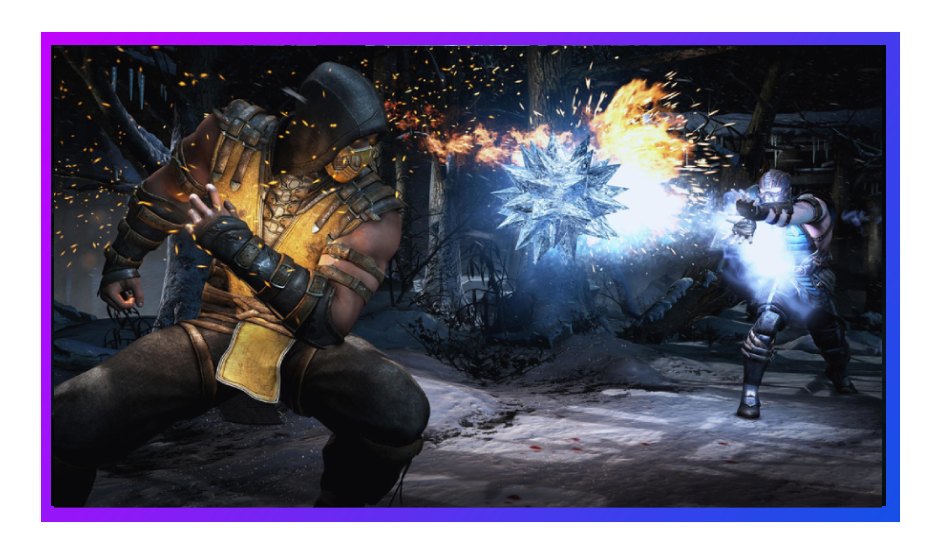
Enter the 9th instalment in the franchise. Simply named “Mortal Kombat”, the game took the series back to basics. Restricting fights to a 2D perspective while the events happened in a 3D environment, fast and fluid combat, and the return of Fatalities in all its R rated glory, the 2011 iteration of the game has been the point of resurgence for the franchise. And the following titles MKX and MK11 have only gotten better. This was one reboot that did its job perfectly.

No. 4 – Tomb Raider (2013)
Ever since rappelling off a helicopter into our hearts in the first Tomb Raider, Lara Croft has been the most recognisable name in gaming. Being one of the first great third-person action-adventure game, Tomb Raider set new standards when it arrived on the original PlayStation. With subsequent sequels doubling down on the action and puzzle elements, each game was a blast to play through. Until the inevitable franchise fatigue settled in on gamers. That, combined with the lack of direction and a few missteps in Lara’s story leads the franchise being bogged down from fabled to forgettable. The franchise needed a reboot. And developer Crystal Dynamics delivered just that.
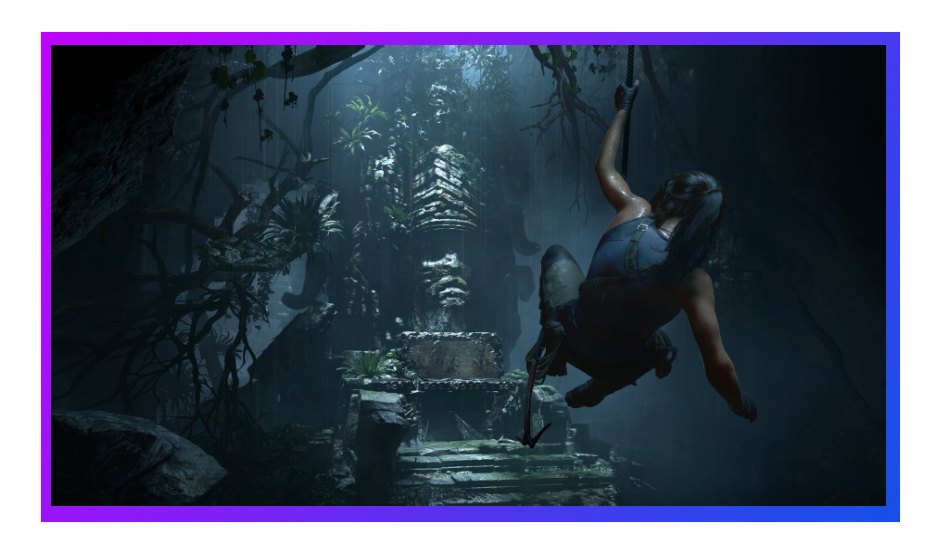
Tomb Raider released in 2013 featuring a grounded and more relatable Lara Croft. The elaborately proportioned curves and skimpy outfits which stood out in the previous games were now replaced with character traits like vulnerability, compassion and fear. This grounded approach surprisingly mashed well with a plot revolving around a mysterious island and an ancient entity, making this game one hell of a thrill ride. Like in the case of Mortal Kombat, the subsequent titles have only gotten better and, in this case, have been straight-up sequels that have been received just as well.
No. 3 – Wolfenstein: The New Order (2014)
Hailed as the father of the First-Person genre, Wolfenstein 3D released way back in 1992. Nine years later the franchise returned as a fully realised 3D FPS, ala COD, during the PS2 era. This was followed up with a Multi-player only title and a couple more sequels that faired as decent shooters but nothing that did justice to the legacy that carried the franchise. With the release of “Wolfenstein” back in 2009, the franchise was reduced to being just another one in the saturated FPS market. Then, in 2014, B.J. Blazkowicz was given the reboot treatment with Wolfenstein: The New Order.
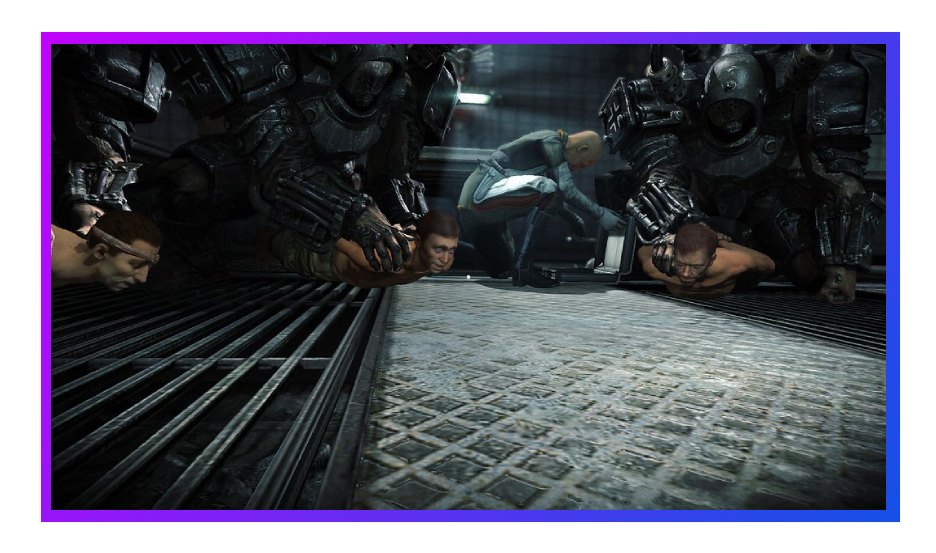
This retelling of Blazkowicz’s story raised the bar for narrative-driven FPS games. The game was praised for its fluid and brutal combat, excellent writing and stellar looks. Developer Machine Games understood the basics of what made this franchise great and started to build upon those adding traits of modern videogames. The end result was a spectacular reboot that does the game’s lineage some well-deserved justice.
No. 2 – Doom (2016)
Having us move from one legendary franchise to another, Doom is up next on the list. Doom does not have as many titles as some of the other franchises in this list, and that only shows the impact each of its titles has had on the industry. There was something magical about this ID software game that kept gamers coming back for more. The last main title before the 2016 reboot was Doom 3, which in itself was a reboot of sorts, with a plot leaning towards horror while also maintaining a healthy dose of gunplay. It was released way back in 2004 to great critical and commercial success. However, thanks to the various complications at offer during the course of development of a game, its direct sequel Doom 4 was scrapped. ID went back to the drawing board and formulated a cocktail of fluid gunplay, big guns, heavy metal, and gore, resulting in the stellar reboot that was Doom.
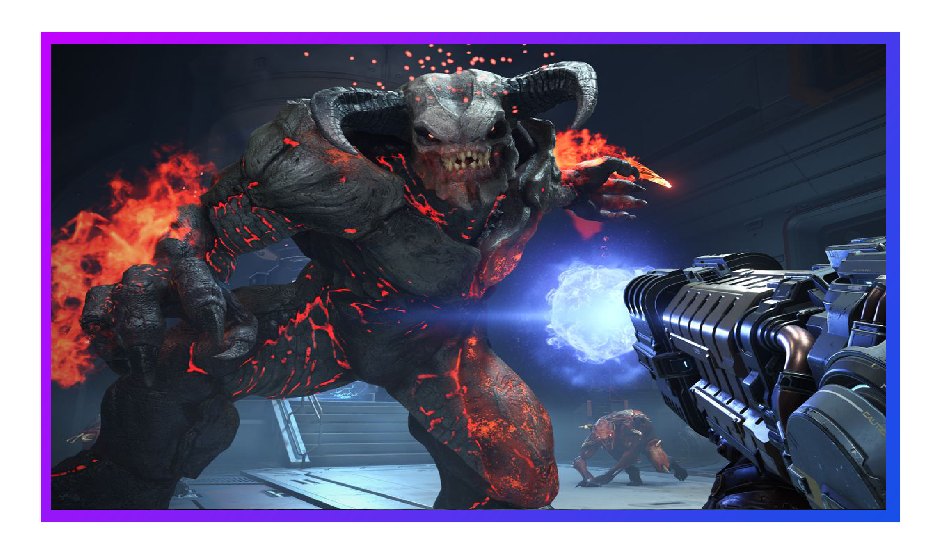
The game was received with universal acclaim and defied all expectations, which is saying something for a franchise of this pedigree. The sequel Doom: Eternal is just around the corner and looks just as insane as the reboot. I for one can’t wait to play.

No. 1 God of War (2018)
The original God of War released in 2005. A relatively unknown game back then, which gained a lot of attention, thanks to its brutal combat engaging story and epic scope. Two years later, the sequel upped the ante on all fronts making it one of the most enjoyable games to play even today. While the first game focused on the antihero Kratos’ past and his quest for revenge, he was given more emphasis on the sequel with themes of betrayal and family. This build-up on the battle of the Gods concluded with the God-murder-sim that was God of War 3 while spawning a couple of spinoffs on the PSP in the meantime. At this point though people had seen enough. And while Kratos was one of gaming’s most recognizable faces, he was also one of the most despised. Through these games his character came off as a one-note, bloodthirsty, chauvinistic macho figure which did not sit well in an age where games like The Last of Us were making waves. Inevitably, the next game in the series, God of War: Ascension did not resonate with the fans despite being a fairly decent one. For most players this was where the franchise ended, and the return of Kratos as we knew him did not even seem interesting. It appears that Sony Santa Monica knew exactly that and delivered a fresh new take on the series. The 2018 reboot, “God of War” continues the story of Kratos, who is now a humble family man with a son, grieving his wife’s death.
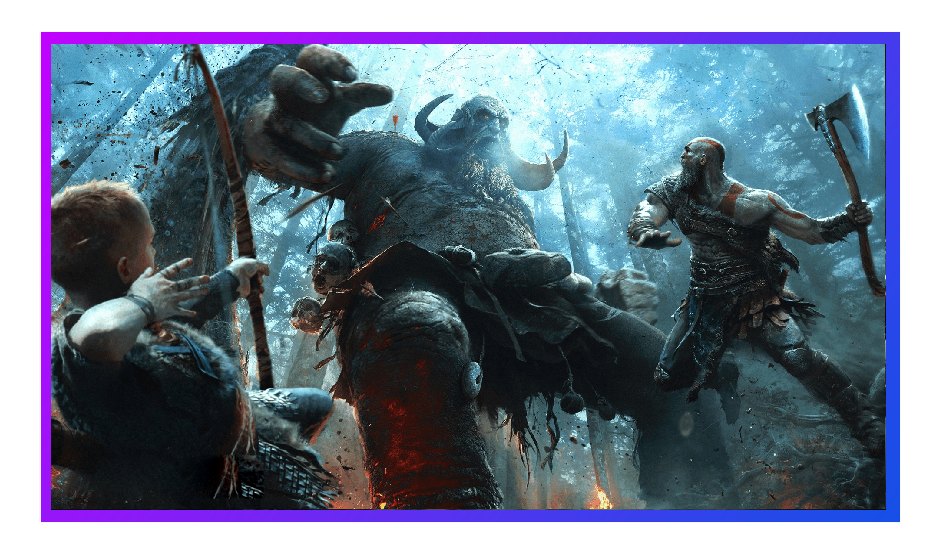
This game managed to turn the tables in such great fashion that is not only made us feel for the once hated protagonist but also delivered one hell of a game in terms of gameplay, graphics, sound/music – you name it. It was universally acclaimed for its fresh take on combat and perspective and was a massive commercial success. The father and son adventure featured a version of Kratos like never before. He was relatable, vulnerable, ageing and coming to terms with all of this and his deeds in the past. This helped deliver one of the best written and executed stories in gaming. Needless to say, this was a humongous risk and one that paid off very well.
And that’s the list. I feel that every game studio should learn a thing or two from the ones mentioned above and apply them in their next games. The big corporation needs to be open to the idea of taking risks with their franchises. This will more often than not bring up new and exciting possibilities. Here’s hoping that they do.
